Glasslined Technologies Inc. Unveils Revolutionary Permanent Glass-Lined Repair Technology
After years of rigorous testing, our innovative solution is ready to redefine industry standards.
Glasslined Technologies Inc. (GTI), in collaboration with the Materials Technology Institute has completed an extensive two-phase evaluation of its patented Permanent Glasslined Repair Technology setting a new standard for repairing glass-lined equipment. This innovative technique delivers a permanent solution compared to traditional temporary repairs, which require on-site work, significantly reducing time and costs while maintaining operational integrity of the equipment. The testing assessed the effectiveness of repaired glass surfaces using advanced non-destructive evaluation (NDE) methods and rigorous performance testing in demanding environments.
Phase 1 : Non-Destructive Evaluation (NDE) Techniques Demonstrat Promising Results
The initial phase focused on evaluating repairs performed on parts submitted by MTI member companies. A Level 3 NDE technician from Dow Corning conducted a comprehensive analysis using advanced testing methods, including ultrasonic (UT) thickness measurements, 6000VDC spark testing, Statiflux evaluation, ultra-sensitive fluorescent penetrant testing (PT), and visual inspections with both the naked eye and a USB microscope. The process also included dolly pull-off adhesion testing and compression testing in bolted joint assemblies, ensuring a thorough assessment of the repaired glass surfaces.
Key findings from Phase 1 highlighted the effectiveness of the repairs. All test areas passed the non-destructive evaluation (NDE), demonstrating their structural integrity. Visual inspections revealed seamless blending between old and new glass in the repair zones, particularly evident on white glass with blue repairs. Penetrant testing (PT) detected some porosity in both the original and repaired glass, while dolly pull-off testing showed adhesive failure, confirming that the bond strength of the glass far exceeded the adhesive's capabilities. Additionally, compression testing revealed no damage until the seating stress reached 5 ksi, underscoring the durability of the repairs.
Phase 2: Performance Testing in Corrosive and Abrasive Conditions
Test samples were sent to Alfred University for testing in accordance with ASTM B08.12 standards:
Phase 2 tested the repaired glass under extreme conditions to evaluate its durability and performance. In corrosive environments, the test glass showed 300 microns of corrosion depth in 20% hydrogen chloride, at 100°C, after 132 hours, compared to the 100 microns for control glass. In 50% sodium hydroxide at 50°C, over 1060 hours, the test glass slightly outperformed the control glass, with corrosion depths of 350 microns versus 375 microns.
During thermal shock testing, samples exposed to 320°F and immediately submerged in ice water showed no signs of spalling, cracking, or damage. In abrasive loop testing (Modified G174-22), the repaired glass demonstrated weight loss within the standard deviation of control samples, with microscopic examination revealing no differences or flaws compared to the control glass.
The repaired glass demonstrated performance equal to control glass samples across all tests conducted. However, several considerations should be considered. Additional testing in specific chemical environments may be necessary to evaluate its suitability for real-world applications. The results are most applicable to flat or concave surfaces, as convex surfaces could present greater challenges for the repair technique. Additionally, the materials and methods used in the repair process were developed over the course of a decade-long project, so it is possible that advancements have been made since the original testing.
Results
The full detail report is available to members of Material Technology Institute. MTI provides global leadership in materials technology for industrial processing companies to improve safety, sustainability, reliability, and profitability. For more information, go to www.mti-global.org.
In conclusion, Glasslined Technologies Inc. representatives are highly encouraged by the findings of this extensive evaluation and believes the results provide strong validation for the effectiveness and viability of these repair techniques in industrial applications. The successful performance of the repaired glass, alongside rigorous testing in extreme conditions, underscores the potential for these methods to offer lasting, cost-effective, and mobile solutions for glass-lined equipment maintenance. As industry standards continue to evolve, GTI is confident that its patented permanent repair technology will play a pivotal role in meeting the growing demands for efficient and sustainable repairs. The company remains committed to advancing the field, ensuring that these solutions align with the highest industry standards, including ASTM BOA. 12, and continue to provide exceptional value for industrial operations worldwide.





